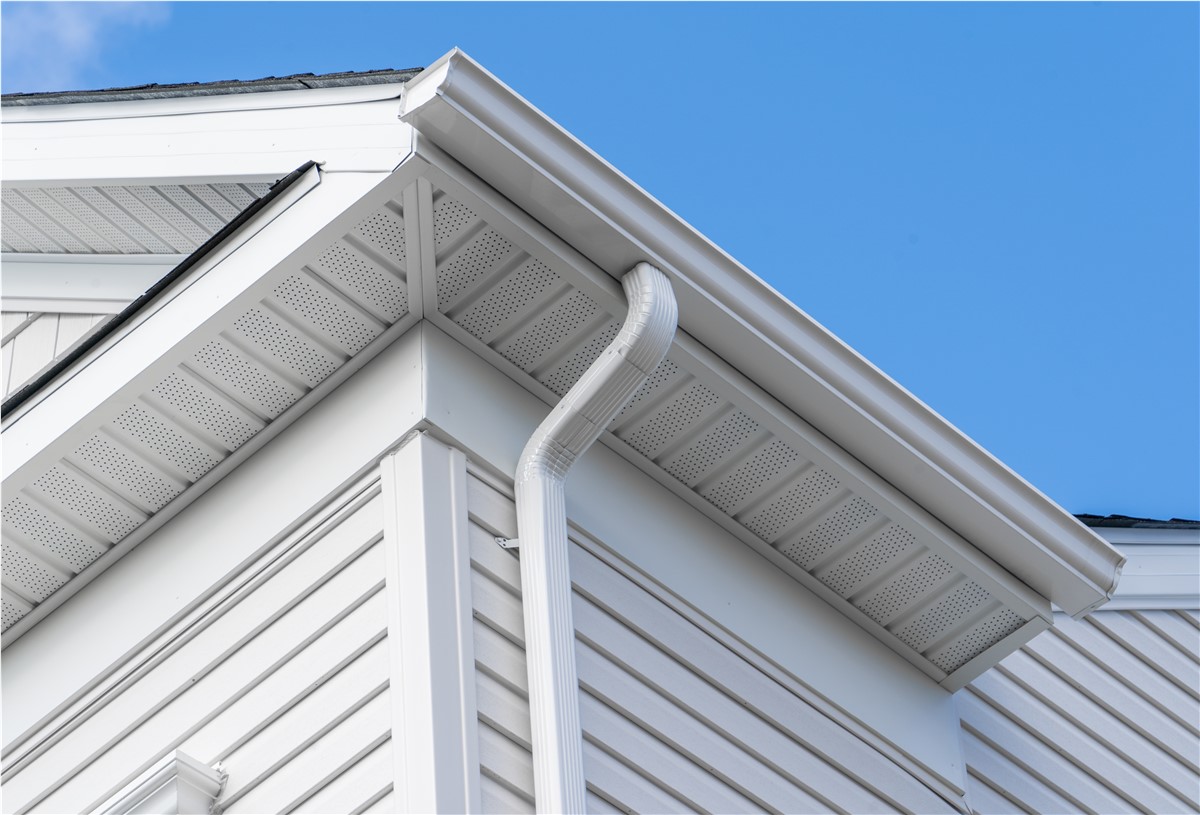Budget Renovations: Adding Space for Less


As the Sydney property market cools with interest rates on the rise, we’ve found that homeowners looking to add space are becoming more cost conscious.
That’s understandable. The need to expand your home doesn’t fit neatly into property cycles, but the idea of investing a large sum on a home that might not appreciate in value in the near term can be daunting.
However, there are ways to ensure that your can get the renovations you need without breaking the bank.
You may have to think a little bit more creatively, but we find that having some ‘constraints’ doesn’t necessarily mean that you’ll be too tightly restricted.
Here’s our tips on where considerable savings can be made without compromising the final result.
Design
Part of the excitement of planning a renovation is having the opportunity to finally recreate your home exactly the way you’d like it.
Employing an architect to turn your dreams into reality isn’t necessarily the most cost-effective option, but you don’t have to give up on those design ideas if you use an alternative path.
Working with an architect can require some ‘back and forth’ until the plans are exactly as you want them, and these plans may again have to change as part of your Council’s Development Application process.
The architect’s plans may subsequently also be translated into building plans for construction purposes.
There are two more cost-effective alternatives:
1. Use a ‘Design and Build’ Company
Plans created by a ‘design and build’ company will be used not just for development approval but also for construction, subject of course to any changes required by Council.
So the same plans are used for both stages of the process, avoiding the possibility of a potentially costly plan redraw before building can proceed.
2. Use ‘Standardised Plans’
The second way is to use a builder that offers standardised plans specifically designed to take advantage of the NSW Housing Code for Complying Development.
A ‘Complying Development’ doesn’t have to go through the potentially lengthy Development Application process.
So this has even greater advantages as you can save both time and money. You aren’t paying for bespoke plans, and it’s extremely unlikely that you’ll need to spend money on redrafting.
It’s also worth emphasising a few crucial points about standardised plans:
- You may be surprised by the variety of plans to choose from;
- Don’t assume that just because plans are ‘standardised’ that this means they won’t give you what you need. Most houses are built to standard as this takes advantage of years of knowledge about design and home use;
- ‘Standardised’ plans can also be changed. They aren’t set in stone, and altering these plans is likely to be cheaper than creating new plans.

Materials
There are ‘top of the range’ materials as well as a range of top materials!
The difference to your budget can be significant, but the contrast in performance, longevity and look isn’t necessarily that big.
Using materials that are more widely available means that the scale of production makes them much more cost effective than less common materials.
Again, allying these materials to standardised plans is a win-win, as you’ll find that the most cost-effective materials can be even cheaper when bought is standard dimensions.
Building Labour Costs
A large proportion of your building cost is time.
Every hour less spent by your builder and the associated ‘trades’ on your project is money in your pocket.
One of the key strategies is to stick to your plan! All builders understand that a homeowner can’t anticipate everything, but changing your mind during a build will add time and cost.
Also, some bespoke plans will challenge a builder and force them to find individualised solutions that inevitably take longer to conceive and execute.
Once again, using standardised plans and more common materials have the advantage of saving time on construction as a builder draws on their prior experience and can work faster.
In Summary
Building to a tight budget really is about being aware of the available options that will save you money without necessarily restricting the vision you have for your home.
Exploring these cost-effective options to start with, and seeing if they can be used to deliver the result you want, is a much smarter approach than immediately diving into bespoke design.
You may be surprised how the standardised design and materials can still be tailored without spiralling your costs. However, once you’ve created them, try to make sure you stick to your plans.
Addbuild’s Response
Based on our experience of 35 plus years building Sydney home additions and extensions, Addbuild created the ‘Classic Design’ range of additions aimed at taking advantage of these insights to help the budget-conscious homeowner.

While these designs by no means account for all the budget renovations we build, we find the homeowners who use them are delighted by the results, especially happy with the faster completions times, and surprised how far they were able to stretch their budget.
The ‘before and after’ images used in this article were based on a ‘Classic’ design.
Next Steps
If you’d like to know more about the Classic Design series and explore what would work best with your house and individual needs, please don’t hesitate to contact us or call us on (02) 8765 1555.
Other articles to read
Why You Should Refinance to Renovate
How To Keep Your Renovation Within Budget
Best ‘Bang for Buck’ Renovations







